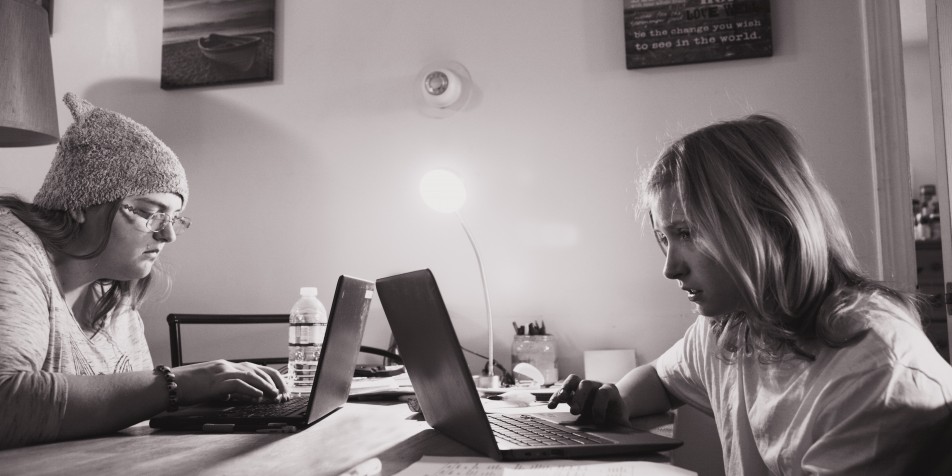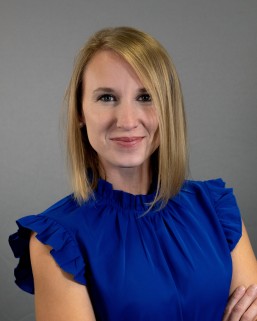Who did the pandemic hit worst? Young adults aging out of foster care felt an economic slam, new survey shows

Advocates in Pa. say there are ways to mitigate the disaster, but officials must act.
For Philly resident Lexi Andino, September has looked a lot like the six months before it: a struggle for food, work, and emotional support. She works two jobs, one of which reduced her work hours after the coronavirus hit. School has become harder, since virtual learning deprived her of the personal contact that meant so much to her.
At the beginning of the month, Andino suffered one more cruel kick.
“I was all ready to go out grocery shopping,” she said, and so she went online to check the balance on her food benefits. The $190 she expected to find via the Supplemental Nutrition Assistance Program had been, without warning, reduced to $18. For the entire month.
“How do they expect me to live off that?” Andino remembers thinking. Now 23 years old, Andino is a former foster youth. She has nobody to reach out to for support, she said, beyond the staff at Juvenile Law Center, a nonprofit that advocates for the rights of youth in the child welfare and justice systems. And the last six months have been “depressing… a lot of negative thoughts.”
Andino sometimes feels alone, but she is one of many. “Transition-age foster youth,” as this group is called, must navigate the gray space between adolescence and adulthood, between living as a ward of the state and being completely on their own.
New research from the Field Center For Policy, Practice and Research at the University of Pennsylvania shows Andino’s experience is unfortunately typical for former foster youth.
